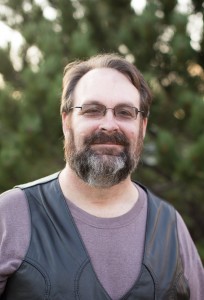“The right wing and the left wing are both part of the same bird.”
I don’t know where that quote came from, but I’ve seen several people post it unattributed on social media, and after a very rough divisive week I think it’s our mantra for moving ahead or should be.
I don’t do politics a lot and I definitely don’t do it on this blog because it tends to be way too divisive and this blog is not about that. People who read this blog care about my writing knowledge and my work but not my opinions on foreign policy and politics and I get it because that’s exactly how I feel about my favorite authors too. So this post isn’t going to be political. This post is still about writing. Read on and see.
I think it’s important to remember that there’s more than one valid point of view and way of looking at the world, because people are different. No two people see things exactly 100% alike. I learned this through my travels to Mexico and Ghana and Brazil. And I’ve learned it from living in places where I was white but minority like El Paso as well as in places like Los Angeles, Kansas City, and St. Louis where the culture is very diverse.
To me, the best thing about having friends with different backgrounds, points of view, and world experiences is it gives you a lot of fodder for writing and character development. You can’t write well what you don’t know or are completely unfamiliar with. People try it all the time and fail miserably but the best writers write from knowledge and experience. They are good listeners, good observers of human nature, and tend to surround themselves with a variety of friends who don’t always agree with them on everything including politics. These writers learn to study the world around them for different points of view. It doesn’t hurt anything. It doesn’t necessarily even change your mind. But it does illuminate for other ways of looking at the same issue and reasoning about it that can sometimes provide insight, even if that insight serves only to bolster your existing point of view.
In the end, we’re all part of the solution and part of the problem, see? Regardless of how we see things. You can argue ‘til you’re blue in the face about who’s right and who’s wrong, throwing around polarizing, condescending terms like “on the right side of history” and accomplish nothing but raising your blood pressure. In the end, if we don’t find a way to work together toward common goals and common ends, we won’t go anywhere. All we’ll do is maintain stress and unhappiness. Who wants to do that?
So as we move forward after a difficult election into more difficult times —as Covid continues and so forth—I would urge us all to remember we’re all part of the same body of man, we’re all fellow humans, and that really we all have a lot more in common than we have different, and we would do well to spend more time celebrating that and less time focusing on what divides us as we move forward. I certainly think it would make for a happier world and a happier society. If you ask me, given what we’re dealing with right now, that would be a very useful and pleasant start. For what it’s worth…



